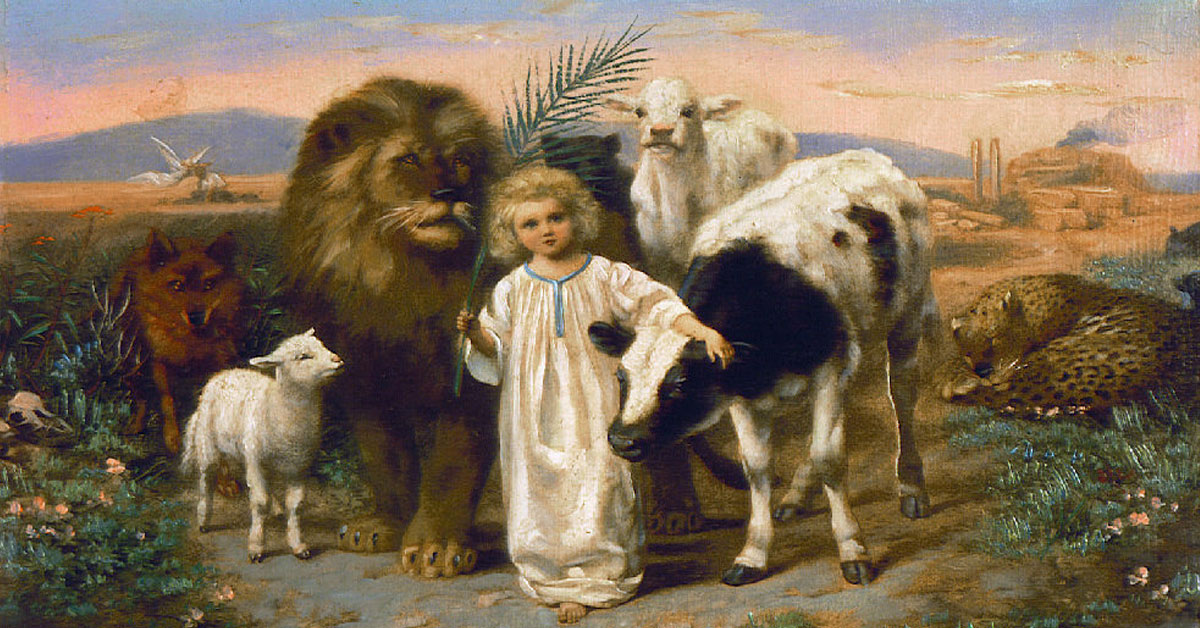The Bible teaches that in the future, mankind will be resurrected to a state of human perfection, as was experienced by Adam and Eve before their sin.
This is part of the “restitution” spoken of in Acts 3:21. Restitution refers to a restoration to a previous, usually better condition, which will be a process beginning with resurrection from the dead. This opportunity is enabled through Jesus’ sacrifice of his perfect human life on behalf of mankind and is sometimes referred to as mankind’s “ransom price” (1 Timothy 2:5-6, Isaiah 35:10).
The resurrected mankind will then experience a period of re-education, aimed at bringing mankind’s minds and hearts back into obedience to God (Isaiah 35:8-9). At the end of this re-education period, each person will face a test – continue to be obedient to God and enjoy a perfect life forever more or return to their former sinful ways and be forever destroyed in what the Bible called “second death” (Acts 3:23, Revelation 20:15).
This understanding of mankind’s future is not broadly known in the world today. Having and believing this understanding implies that one possesses a familiarity with God, further implying that one also understands that God cannot abide sin. Mankind has been permitted to experience sin so they will understand its terrible consequences and ultimately choose obedience to God. This learning process has been the point of the past several thousand years since Adam’s disobedience and fall from perfection.
A heart and mind that understand these concepts yet still chooses to live a life of current life of sin because it takes for granted that it will be able to meet God’s standards after resurrection is fundamentally out of harmony with God (1 John 3:4-9).
Having such a mindset puts one at great risk of permanent destruction. Bad habits, once formed, are generally difficult to break. In the future, obedience to God will not be optional; it will be a requirement. Although the Bible isn’t clear about how this requirement will be enforced, those who insist on trying to continue practicing the sinful ways of their former lives will have a much more difficult time than those who are embracing the new standards of goodness and obedience. The more one sins today, the more ingrained the willingness to sin becomes in one’s personality. God is the epitome of love and mercy; however, sin will not be permitted in mankind’s future. Mankind was created with free will; to make choices, not to blindly and unwillingly obey. With free will, however, also comes the necessity of bearing the consequences of the decision one makes. Ultimately, all will be judged by their own personal decisions and actions (Revelation 20:13). Once one understands God’s plan, one has to make a choice of what kind of heart and personality to cultivate – one that chooses to pursue goodness and obedience, or one that chooses to slide into decadence and sin. One’s individual future will be influenced, perhaps even decided, by that choice.
Additional Resources:
Episode #1285: “When Jesus Prayed, “Thy Kingdom Come” What Did He Mean?”
Digging into the deep, broad and scriptural meaning of God’s kingdom
Preview Video
CQ Rewind Show Notes
For children, parents and Bible class teachers:
Animated video: What is the highway of holiness?














